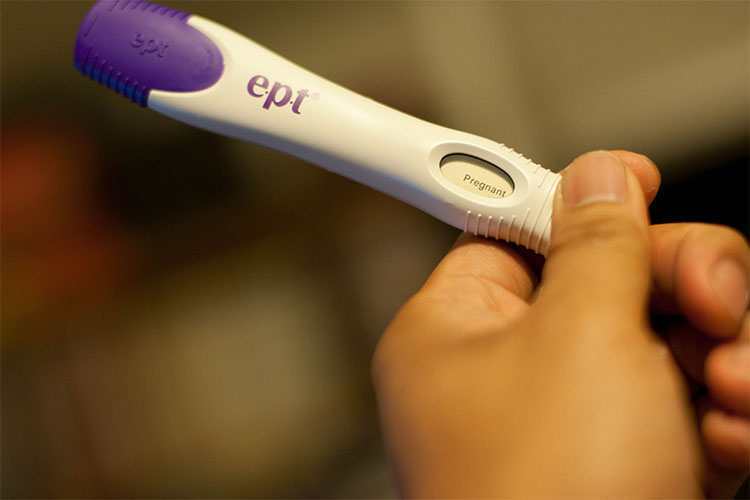sponsored content
When it comes to the science behind trying to get pregnant, a recent study from the researchers at Yale School of Medicine and the maker of First Response, the leader of at-home women’s diagnostics tests, shows that women today may not be getting all the information on fertility they need.
Some of the findings from the study revealed the following:
Major Findings
- 40% of women across all age groups expressed concern about their ability to conceive.
- Over one-quarter of women surveyed were unaware of the adverse implications of sexually transmitted infections, obesity or smoking on fertility.
- 75% of those surveyed said they get their information about reproductive health from a healthcare professional.
- 40% of those surveyed said they get their information about sexual reproductive health online.
Interestingly, the study also revealed the following misperceptions in regards to the reproductive health of women:
Misperceptions about Conception
- 6 out of 10 women surveyed perceived that intercourse should be timed after ovulation (instead of before) to maximize chances of conception.
- 41% of women believed that their ovaries continue to make new eggs.
- 51% of women believe that having sex more than once per day increases chances of getting pregnant.
- 30% of women were unaware that exposure to an STI may affect fertility.
Today there are many tools to help women better track and understand their reproductive health and detect pregnancy sooner. Only the First Response Digital Ovulation Test tracks your unique hormone levels, maximizing your chances of becoming pregnant. When you think you might be pregnant, every day matters. With First to Detect enhanced technology, First Response can detect the pregnancy hormone 5 days before your expected period—no other test can do this.
Providing accuracy ratings of over 99% with both of these tools, you can feel confident in the accuracy of your results.
PHOTO: ERNESTO ANDRADE/FLICKR CC
Sponsored content is written by or on behalf of a sponsor. Help! We’ve Got Kids only accepts sponsored content from companies whose products and services we feel are valuable and/or interesting to our readers.

